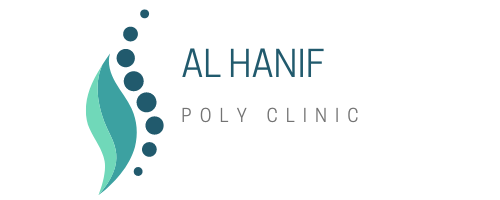
In the world of HIV/AIDS research and treatment, the Functional Assessment of HIV Infection (FAHI) stands as a crucial tool that has greatly impacted our understanding of the disease’s effects on patients’ quality of life. FAHI is a comprehensive assessment that goes beyond merely measuring the virus’s viral load or CD4 cell count. This article explores the importance of FAHI, its components, and its role in improving the lives of people living with HIV.
Understanding FAHI
FAHI is an assessment tool designed to evaluate the functional aspects of life for individuals living with HIV. It was developed to provide a more holistic perspective on the impact of the disease on a patient’s well-being. Rather than focusing solely on medical markers, FAHI assesses the functional, psychological, and social aspects of living with HIV.
The Components of FAHI
- Physical Well-being: The physical component of FAHI evaluates the patient’s overall health. It considers symptoms, fatigue, and the ability to perform everyday tasks. This aspect helps healthcare providers understand how HIV affects an individual’s daily life.
- Emotional Well-being: HIV can take a significant toll on an individual’s emotional well-being. FAHI measures aspects like anxiety, depression, and overall emotional quality of life. These insights are essential for providing holistic care.
- Functional Well-being: This component assesses a patient’s ability to perform various activities, including work, social interactions, and hobbies. It provides valuable information on the impact of the disease on daily functioning.
- Social Well-being: HIV can affect a person’s social life and relationships. FAHI evaluates the patient’s social interactions, relationships, and the extent of support available. This component helps healthcare professionals tailor their support to the patient’s unique needs.
The Significance of FAHI in HIV Management
- Holistic Approach: FAHI helps healthcare providers adopt a more holistic approach to HIV care. By understanding the physical, emotional, functional, and social aspects of a patient’s life, they can provide targeted and personalized care.
- Improved Quality of Life: FAHI empowers healthcare providers to address issues that impact the patient’s quality of life beyond medical treatment. This can lead to interventions that enhance the overall well-being of individuals living with HIV.
- Patient-Centered Care: FAHI places the patient’s perspective at the forefront of HIV management. It allows healthcare providers to tailor their care plans to align with the patient’s unique needs, preferences, and priorities.
- Research Insights: Beyond clinical care, FAHI has contributed significantly to HIV research by providing valuable data on the functional impact of the disease. This information can inform the development of new treatments and interventions.
Conclusion
The Functional Assessment of HIV Infection (FAHI) is a powerful tool that has revolutionized the way healthcare professionals approach HIV management. By focusing on a patient’s physical, emotional, functional, and social well-being, FAHI provides a comprehensive view of the impact of HIV on an individual’s life. This holistic approach not only improves the quality of care but also contributes to a better understanding of the disease’s effects, ultimately leading to enhanced treatment and a higher quality of life for those living with HIV.

pieregistrēties binance
Thanks for sharing. I read many of your blog posts, cool, your blog is very good.
binance Registrera
Your article helped me a lot, is there any more related content? Thanks!
Vytvorení úctu na binance
Can you be more specific about the content of your article? After reading it, I still have some doubts. Hope you can help me.
注册获取100 USDT
Your article helped me a lot, is there any more related content? Thanks! https://www.binance.com/join?ref=P9L9FQKY